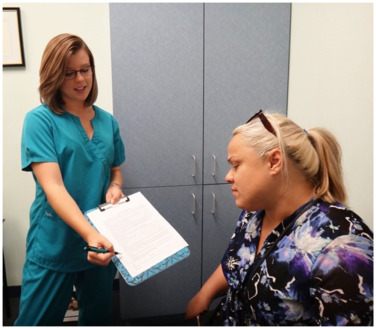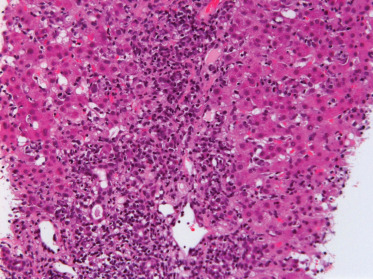Renewable Energy - Volume 2: Wave, Geothermal, and Bioenergy Definitions, Developments, Applications, Case Studies, and Modelling and Simulation, Volume , 1 January 2023
Adsorption through Advanced Nanoscale Materials: Applications in Environmental Remediation, Volume , 1 January 2023
Clinical Immunology (Sixth Edition)
Principles and Practice
2023, Pages 361-374
Health Care Today in the United States
2023, Pages 47-67
Esophageal Disease and the Role of the Microbiome
2023, Pages 91-114
Clinical Immunology (Sixth Edition)
Principles and Practice
2023, Pages 573-585
Clinical Immunology (Sixth Edition)
Principles and Practice
2023, Pages 832-842
Clinical Immunology (Sixth Edition)
Principles and Practice
2023, Pages 972-982


